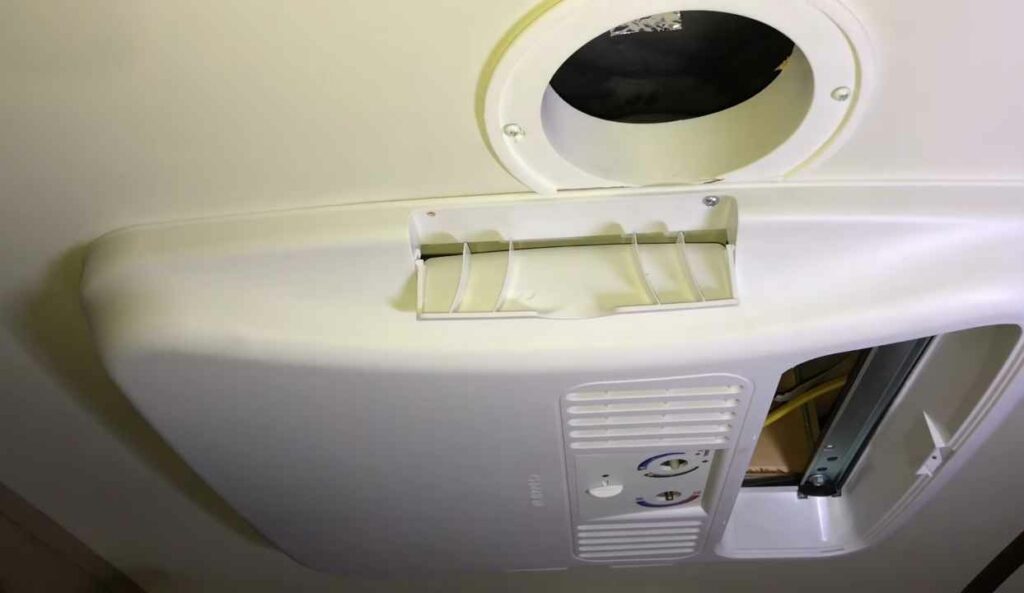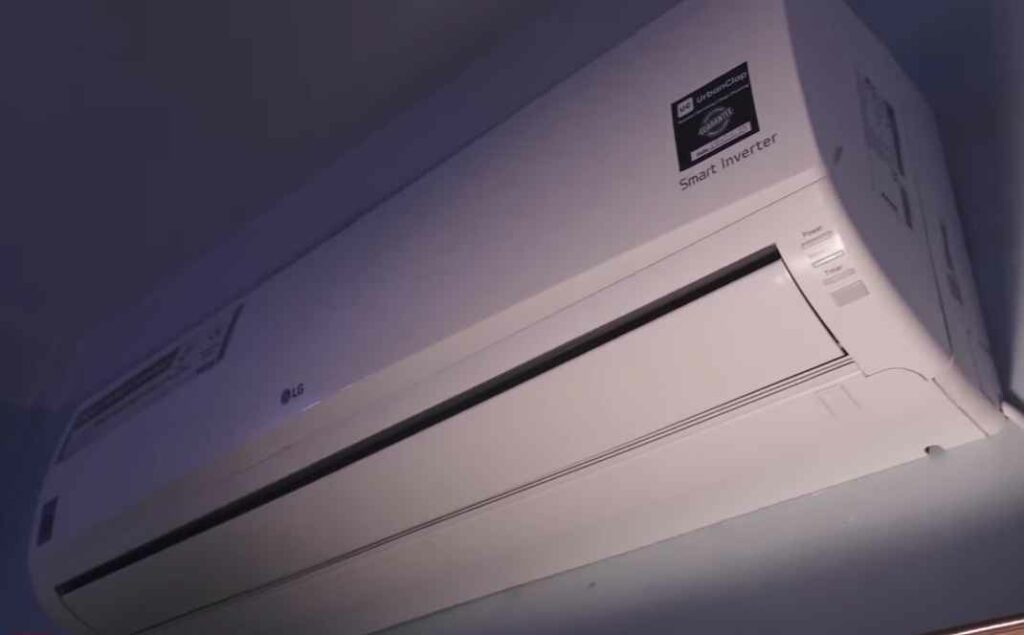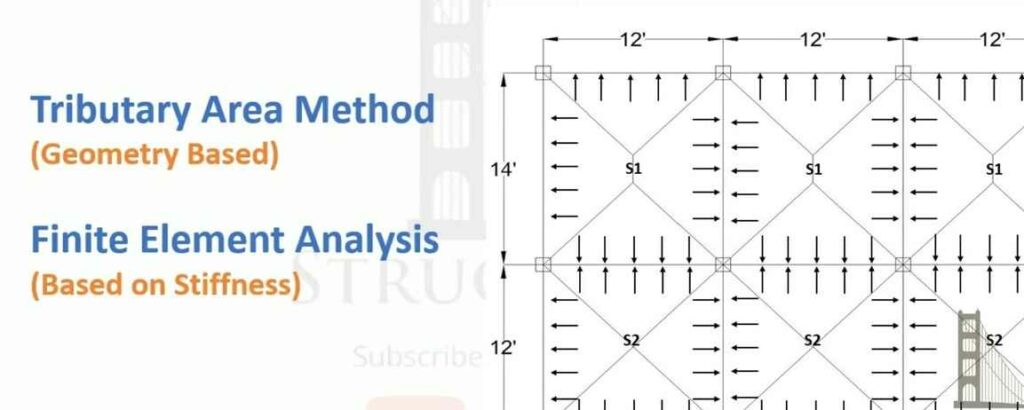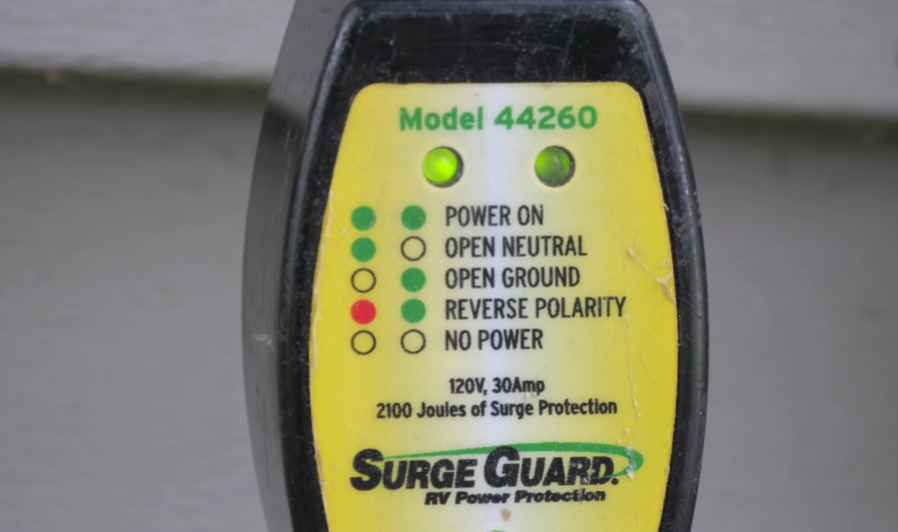Yes, you can run your RV AC on 30 amp power, but it may require some navigation around power limitations.
Many RVs come equipped with a 30 amp power source and running an AC unit on this power can be possible, but it may require some careful planning and management of your electrical usage.
In this blog post, we will explore the ins and outs of running your RV AC on 30 amp power, including what factors can affect your power usage, how to manage your electrical load, and some tips and tricks for staying cool and comfortable while on the road.

The Ins and Outs of Can I Run My RV AC on 30 amp Power
Here are the ins and outs of running your RV AC on 30 amp power:
Understanding the Electrical System:
Most RVs are equipped with either a 30-amp or 50-amp electrical system.
A 30 amp power supply means you have a total of 30 amps available for all the electrical devices in your RV combined.
This includes the air conditioner, lights, refrigerator, microwave, etc.
AC Power Consumption:
RV air conditioners typically draw a significant amount of power, especially during startup when the compressor kicks in.
On average, an RV AC unit can consume around 12-16 amps during operation.
This means it may use up a significant portion of your available 30 amps.

Distribute the Load:
To avoid tripping the circuit breaker or overloading the system, you need to distribute the load carefully.
This involves managing which appliances are running simultaneously.
For example, if your AC draws 12 amps, you should avoid running other power-hungry devices like the microwave or electric water heater simultaneously.

Use Energy-Efficient Appliances:
Opt for energy-efficient appliances to reduce power consumption. LED lights, energy-efficient refrigerators, and low-power fans can make a noticeable difference in your overall power usage.
Consider External Conditions:
The power consumption of the AC can increase if the outside temperature is very high.
In extremely hot weather, your AC may draw more power to maintain a comfortable indoor temperature.
Use a Soft Starter:
A soft starter, also known as a “hard start capacitor,” can help reduce the initial power surge when your AC starts up.
This can prevent sudden spikes in power usage, making it easier to manage within a 30-amp power supply.
Monitor Power Usage:
Keep an eye on your RV’s power panel, or use a portable amp meter to monitor the current draw.
This way, you can stay aware of how much power you’re using and adjust your usage accordingly.
Switch to Propane:
If your RV’s water heater and refrigerator run on both electricity and propane, consider switching them to propane mode when using the AC.
This will free up some electrical capacity.
Use Generator or Shore Power:
If you find that you frequently need to use your AC and other power-hungry appliances simultaneously, consider using a generator or connecting to a 50 amp shore power source when available.
A 50 amp supply can handle more power demand comfortably.
Remember, when running your RV on 30 amp power, it’s crucial to be mindful of your energy usage and manage your appliances accordingly.
Failure to do so may lead to tripped circuit breakers or cause damage to your electrical system.
Safety should always be a priority when using electrical systems in an RV.
Can you run two RV ac on 30 amp?
If you have a 30-amp RV, you can run two air conditioners at the same time, as long as they don’t exceed 30 amps together.
If one air conditioner is 15 amps and the other is 20 amps, they will be fine to run together. When both air conditioners are 30 amps, they will trip the breaker.
How many amps does it take to run an RV air conditioner?
RV air conditioners typically use between 8 and 15 amps, with the majority using 10 or 12 amps.
The size of the RV and the type of air conditioner will determine the specific amps required. Most RV air conditioners will have the amps listed on the unit.
What can I run on 30 amp RV service?

Assuming you have a 30 amp RV service, there are a few things you can run:
- Your RV A/C unit
- Your RV refrigerator
- Some lights
- A small space heater
- A coffee maker
- A slow cooker
- An RV TV
- An RV computer
If you are dry camping, then you will want to be more mindful of your power usage.
You may want to only run one item at a time or use power-saving methods, like LED lights.